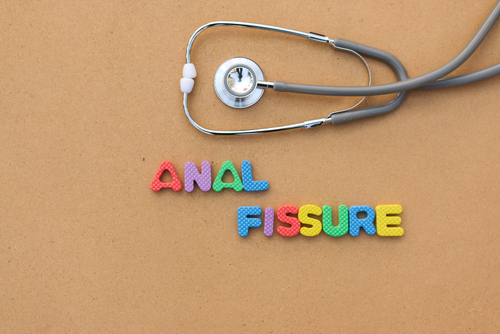Ferring Pharmaceuticals is collaborating with the Instituto de Ciencias Farmaceuticas (ICF, based in Brazil) to develop a potential new treatment for anal fissures for patients with inflammatory bowel disease (IBD).
The mucoadhesive rectal delivery system for anal fissures aims to improve quality of care for patients with IBD, a common complication that has frequently been overlooked. Currently available treatments are not sufficient to give long-lasting pain relief and promote healing.
An anal fissure is a small tear in the thin, moist tissue (mucosa) that lines the anus, which may occur when hard or large stools pass during a bowel movement. Anal fissures typically cause pain and bleeding with bowel movements. They can also cause spasms in the anal sphincter.
Mucoadhesion is commonly defined as the adhesion between two materials, one of which is a mucosal surface. In this case, the mucoadhesive rectal delivery system for anal fissures to be developed under the new partnership may provide doctors with an alternative to current topical treatments and surgical options for patients with IBD.
The goal of the new delivery system is to reduce the pain of anal fissures, promoting faster healing, increasing patient adherence and developing more convenient dosing.
“Ferring is committed to enhancing the quality of life and quality of care of IBD patients through innovative scientific research,” Alan Harris, senior vice president of research and development at Ferring Pharmaceuticals, said in a press release.
Leonardo Teixeira, CEO of ICF, said the collaboration also aims to address the unmet needs of physicians.
“We want to develop a ready-to-use and patient-compliant delivery system with mucoadhesive properties to provide doctors with an alternative to current topical treatments and surgical options,” he said.
In people with IBD, the immune system mistakes food, bacteria, and other materials in the intestine for foreign substances and it attacks the cells of the intestines. In the U.S., it is currently estimated that between 1 million and 1.3 million people suffer from IBD, according to the Centers for Disease Control and Prevention (CDC).

